Europe has been an appealing choice for Nigerian expats looking for education, career growth, and international experience. Cities like London, Paris, and Berlin have traditionally been the main attractions. However, these capitals are known for their high living expenses, competitive job markets, and crowded conditions, making it tough for Nigerians to settle down. In 2025, interest is shifting toward smaller European cities, which are more affordable and increasingly enticing, offering rich cultural experiences, modern facilities, and vibrant professional and academic opportunities.
These smaller cities strike a good balance between cost and quality of life. They let Nigerian expats enjoy a European lifestyle without facing the intense financial and social pressures found in larger capitals. These cities are also generally safe, accessible, and offer community support, making them suitable for Nigerians looking to relocate long-term, pursue education, or explore remote work options. This guide will delve into five such cities: Porto, Valencia, Krakow, Leipzig, and Bologna, covering visa types, application processes, required documents, costs, lifestyle, and helpful tips for Nigerians.
1. Porto, Portugal – Portugal’s Vibrant Alternative
Porto, the second-largest city in Portugal, is known for its culture, history, and innovation. Famous for its scenic riverside views, cobblestone streets, and growing tech scene, Porto gives Nigerian expats access to a high-quality European lifestyle at a much lower cost than Lisbon or Paris. The city is friendly, safe, and home to a growing international community, including students, professionals, and digital nomads.
Visa Options for Nigerians
- Digital Nomad / Remote Work Visa: This visa permits remote workers to live and work in Porto for an initial year, renewable each year. It’s suitable for Nigerians working for companies outside Portugal or running online businesses.
- Student Visa: For Nigerians enrolled in universities or language schools in Porto, this visa is usually valid for the length of the course.
- Dependent Inclusion: Spouses and children can join the primary visa holder through family reunification applications.
Visa Application Process
1. Complete the official visa application form from the Portuguese immigration authorities.
2. Gather the required documents:
- Valid Nigerian passport (at least six months beyond the planned stay)
- Two recent passport-sized photos
- Proof of enrollment for students or employment/remote work contracts for professionals
- Evidence of accommodation in Porto
- Proof of enough funds to cover living expenses
- Health insurance for the Schengen area with a minimum coverage of €30,000
- Payment receipt for visa fee
3. Schedule and attend an appointment at the Portuguese Embassy or Consulate in Nigeria.
4. Go to an interview if requested to verify the submitted information.
5. Wait for processing (usually 45–60 days) and collect the visa once it’s approved.
Cost of Living
- Rent: €500–€800/month (₦870,000–₦1.4 million) for a one-bedroom apartment in the city center. Shared apartments cost €300–€450.
- Utilities: €120–€200/month (₦210,000–₦350,000) including electricity, water, and gas.
- Internet & Mobile: €30–€50/month (₦5,000–₦9,000).
- Groceries: €200–€300/month (₦350,000–₦520,000).
- Transport: €40–€60/month (₦70,000–₦105,000).
- Leisure & Entertainment: €100–€150/month (₦170,000–₦260,000).
Total Monthly Budget: €1,000–€1,500 (₦1.7–₂.6 million).
Lifestyle and Integration
Porto combines history with modern living. Nigerians can enjoy local food, cultural festivals, and outdoor activities by the river. English is frequently spoken in coworking spaces and among young professionals, making initial integration easier. Nigerians should consider opening local bank accounts, getting mobile plans, and joining expat communities to build social and professional networks. Learning basic Portuguese can enhance daily experiences and deepen cultural understanding.
2. Valencia, Spain – Sun, Sea, and Savings
Valencia is a Mediterranean city recognized for its sunny weather, lively culture, and affordability. Compared to Madrid or Barcelona, it offers Nigerians a more laid-back lifestyle alongside educational and professional opportunities.
Visa Options
- Student Visa: For Nigerian students admitted to local universities, valid for the duration of their courses.
- Digital Nomad / Remote Work Visa: Spain is increasingly offering visas for remote workers employed by non-EU companies.
- Dependent Inclusion: Family members can join the primary visa holder under a family reunification visa.
Visa Application Process
1. Complete the Spanish visa application form.
Submit the following documents:
- Valid Nigerian passport
- Two passport photos
- Proof of university admission or employment
- Accommodation proof
- Travel insurance for medical emergencies
- Evidence of sufficient financial resources
- Visa fee payment receipt
3. Book an appointment at the Spanish Consulate in Lagos or Abuja.
4. Attend an interview if requested.
5. Wait 4–6 weeks for processing, then collect the visa.
Cost of Living
- Rent: €400–€700/month (₦700,000–₦1.2 million).
- Utilities: €100–€180/month (₦175,000–₦315,000).
- Internet & Mobile: €25–€40/month (₦45,000–₦70,000).
- Groceries: €180/month (₦315,000).
- Transport: €45/month (₦80,000).
- Leisure & Entertainment: €120–€200/month (₦210,000–₦350,000).
Total Monthly Budget: €900–€1,500 (₦1.6–₂.6 million).
Lifestyle and Integration
Valencia blends beach and city life along with various cultural festivals and activities for students. Nigerians can join student groups or local professional networks. English is moderately spoken in academic and professional areas, and learning some Spanish can help with shopping, banking, and public services.
3. Krakow, Poland – Eastern Europe’s Hidden Gem
Krakow is a historic city offering affordable living, education, and job opportunities. Its universities and tech centers attract Nigerian students and professionals looking for experiences in Eastern Europe.
Visa Options
- National D-Type Visa: For students or remote workers intending to stay longer than 90 days.
- Work Permit / Employment Visa: For Nigerians working in IT, education, or consultancy.
- Dependent Inclusion: Spouses and children can apply for family reunification.
Visa Application Process
1. Complete the Polish visa application form.
2. Gather the required documents:
- Valid Nigerian passport
- Two passport photos
- Proof of enrollment or employment
- Accommodation proof
- Health insurance for the Schengen area
- Financial evidence
- Visa fee payment receipt
3. Schedule an appointment at the Polish Embassy in Abuja.
4. Attend an interview if requested.
5. Wait about 30–45 days and collect the visa.
Cost of Living
- Rent: €300–€500/month (₦520,000–₦870,000).
- Utilities: €100/month (₦175,000).
- Internet & Mobile: €20–€30/month (₦35,000–₦52,000).
- Groceries: €150/month (₦260,000).
- Transport: €25/month (₦45,000).
- Leisure & Entertainment: €80–€150/month (₦140,000–₦260,000).
Total Monthly Budget: €675–€1,000 (₦1.2–₦1.7 million).
Lifestyle and Integration
Krakow’s student-friendly environment, low crime rate, and historic charm make it appealing to Nigerians. English is commonly spoken in academic and professional settings. Nigerians are encouraged to join international student groups, coworking spaces, and local cultural events for better integration and networking.
4. Leipzig, Germany – Affordable Culture and Innovation
Leipzig is emerging as a center for arts, technology, and education. Compared to Berlin or Munich, it offers lower costs, less congestion, and great infrastructure for Nigerian expats.
Visa Options
- Student Visa: For Nigerians enrolled in universities or language programs.
- Freelance / Remote Work Visa: For creative professionals and IT specialists.
- Dependent Inclusion: Options for family reunification are available.
Visa Application Process
1. Complete the German visa application form.
2. Gather the required documents:
- Valid Nigerian passport
- Two passport photos
- Proof of enrollment or employment
- Accommodation proof
- Health insurance
- Financial evidence
- Visa fee payment receipt
3. Schedule and attend an appointment at the German Embassy in Abuja or Lagos.
4. Go to an interview if asked.
5. Wait 4–6 weeks, then collect the visa.
Cost of Living
- Rent: €400–€700/month (₦700,000–₦1.2 million).
- Utilities: €120–€200/month (₦210,000–₦350,000).
- Internet & Mobile: €25–€40/month (₦45,000–₦70,000).
- Groceries: €200/month (₦350,000).
- Transport: €60/month (₦105,000).
- Leisure & Entertainment: €100–€200/month (₦175,000–₦350,000).
Total Monthly Budget: €905–€1,400 (₦1.6–₂.4 million).
Lifestyle and Integration
Leipzig is great for Nigerian expats interested in arts, music, or technology. The city is safe, public transport is efficient, and coworking spaces are plentiful. Joining expat and professional networks helps with social and career integration. Learning basic German can enhance daily life and cultural immersion.
5. Bologna, Italy – Italian Charm Without Rome’s Costs
Bologna is rich in history, food, and educational achievements, attracting Nigerian students and professionals. It’s safer and more affordable than Milan or Rome while offering a rich cultural experience.
Visa Options
- Student Visa: For Nigerians attending universities such as the University of Bologna.
- Freelance / Remote Work Visa: For Nigerian professionals working abroad.
- Dependent Inclusion: Family reunification visas are available.
Visa Application Process
1. Complete the Italian visa application form.
2. Gather the required documents:
- Valid Nigerian passport
- Two passport photos
- Proof of university admission or employment
- Accommodation evidence
- Health insurance for emergencies
- Proof of adequate financial resources
- Visa fee payment receipt
3. Schedule an appointment at the Italian Embassy in Nigeria.
4. Attend an interview if requested.
5. Wait 30–60 days, then collect the visa.
Cost of Living
- Rent: €350–€600/month (₦600,000–₦1 million).
- Utilities: €120–€180/month (₦210,000–₦315,000).
- Internet & Mobile: €25–€40/month (₦45,000–₦70,000).
- Groceries: €180–€220/month (₦310,000–₦380,000).
- Transport: €30/month (₦50,000).
- Leisure & Entertainment: €100–€200/month (₦175,000–₦350,000).
Total Monthly Budget: €805–€1,300 (₦1.4–₂.3 million).
Lifestyle and Integration
Bologna is known for its food culture, medieval buildings, and student-friendly vibe. English is frequently used in international programs. Nigerians are encouraged to participate in cultural events, student groups, and coworking spaces. Learning Italian can improve integration and everyday convenience.
Tips for Nigerian Expats in Second-Tier European Cities
- Plan budgets carefully for rent, utilities, and daily expenses.
- Health insurance is mandatory and must cover emergencies.
- Join Nigerian expat groups or associations for social support.
- Public transport is affordable, consider cycling for urban mobility.
- Learn basic local language phrases to ease integration.
- Prepare for taxes, remittances, and banking in your new country.
- Engage in cultural activities to fully experience the city and build networks.
These smaller European cities are becoming popular among Nigerian expats looking for affordable, safe, and culturally rich options compared to overcrowded capitals. With careful planning, a good understanding of visa requirements, and effective integration strategies, Nigerians can thrive in 2025 and beyond.


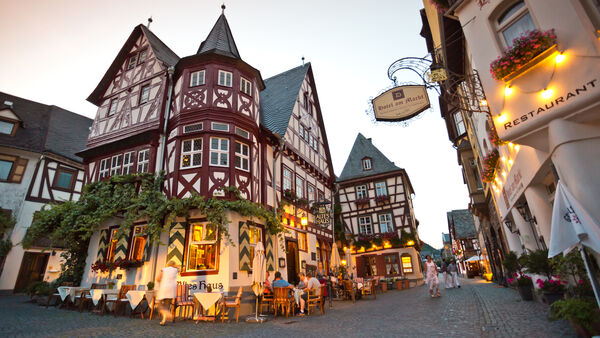

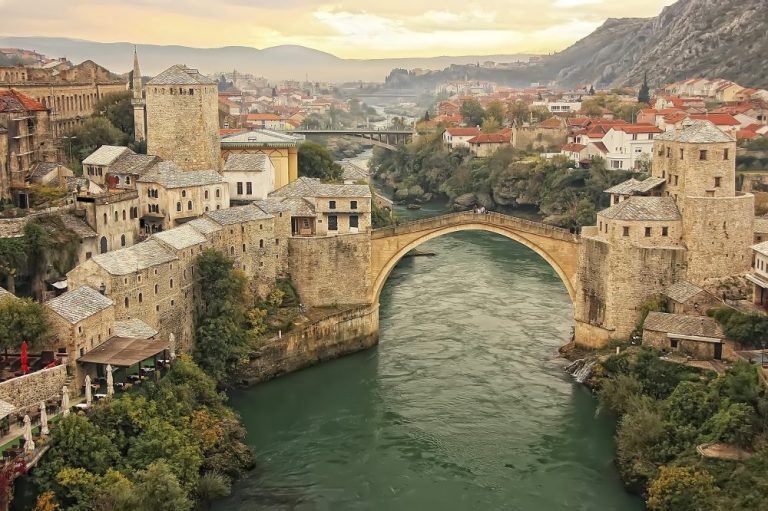
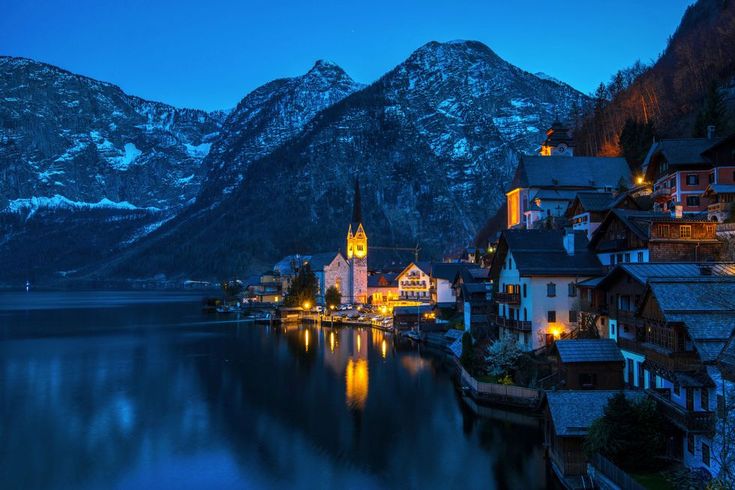
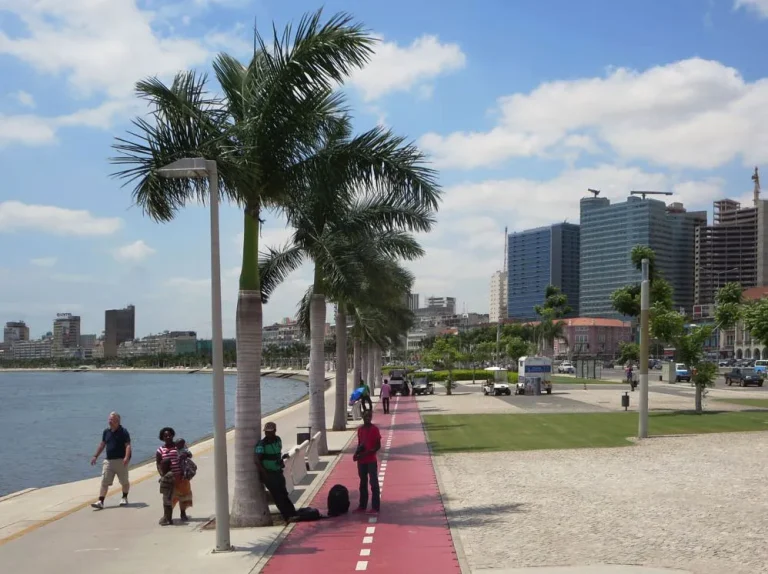

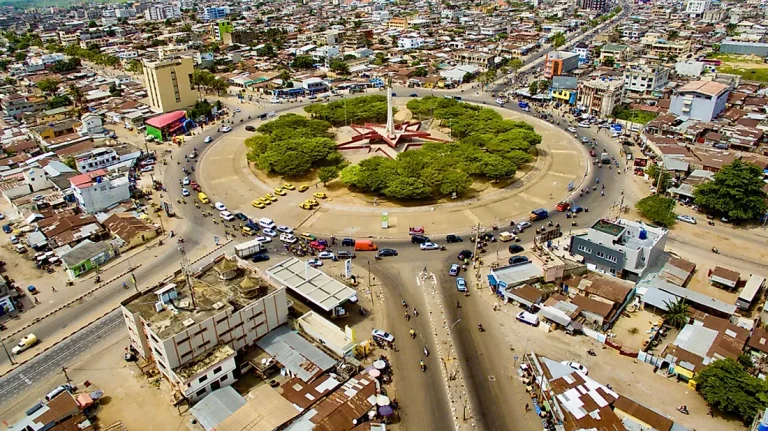
Leave a Comment